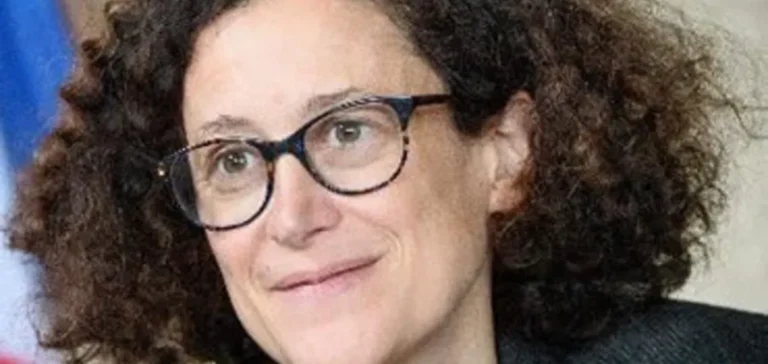Emmanuelle Wargon, the current President of the Energy Regulatory Commission (Commission de régulation de l’énergie, CRE), was elected President of the Board of Regulators of the Agency for the Cooperation of Energy Regulators (ACER) at a meeting held in Copenhagen. This two-and-a-half-year term marks an institutional milestone for French representation within European regulatory structures.
Established in 2011, the Agency for the Cooperation of Energy Regulators (ACER) brings together national regulatory authorities in the European Union’s energy sector. It acts as a co-ordination body intended to strengthen the integration of the internal energy market and to ensure a harmonised framework within the bloc. The Board of Regulators is its main strategic body, responsible for the overall direction of the agency’s work.
A career rooted in senior public service
Emmanuelle Wargon succeeds Clara Poletti, a member of the board of the Autorità di regolazione per energia reti e ambiente (ARERA), the Italian regulatory authority. Her appointment comes at a time when decisions by European regulators are gaining importance in the face of price tensions and debates over electricity market reform.
A graduate of the École nationale d’administration (“Marc Bloch” cohort) and HEC Paris, Emmanuelle Wargon began her career at the Cour des comptes before holding several positions in the social ministries. She also worked in the private sector within the leadership team at Danone, before returning to public office as Secretary of State for the Ecological and Inclusive Transition, then as Minister Delegate for Housing.
A mandate at the heart of Europe’s energy system shifts
The role of ACER’s Board of Regulators is set within a European energy landscape in transition, shaped by regulatory developments and supply constraints. National regulators, gathered within this body, contribute to the development of common positions in response to legislative proposals advanced by the European institutions.
Upon her election, Emmanuelle Wargon welcomed the confidence placed in her by her peers and stressed the need for ACER to remain a “driving force” in forthcoming debates. She said her work would aim to balance European integration objectives with the realities of each national market.






















